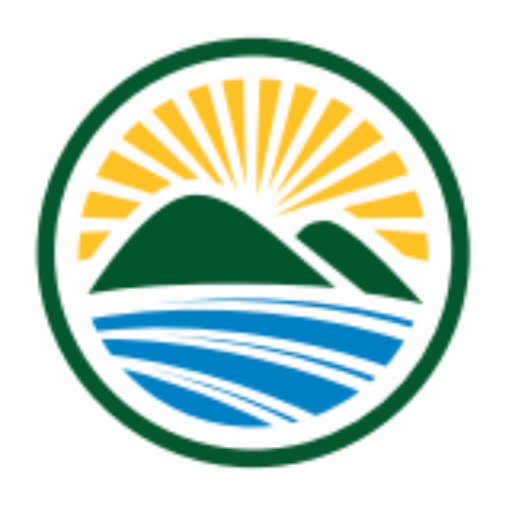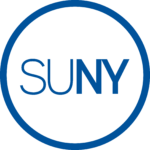Programs of Study
Respiratory Care
Degree: AAS | Graduation Requirements: 68 credits
Program Summary:
The Respiratory Care Associate in Applied Science (AAS) degree at SUNY Sullivan is obtained through a rigorous 2-year curriculum. The program is currently accredited by the Commission on Accreditation for Respiratory Care (CoARC) (coarc.com) with a provisional accreditation. Qualified students admitted to the respiratory care program will complete the didactic, laboratory and clinical courses intended to train students to work as a Respiratory Therapist in a broad range of health care settings, such as doctors’ offices, out-patient clinics, rehabilitation centers, diagnostics labs, patients’ homes, and all specialized areas of hospital care, including intensive/critical care, neonatal and pediatric intensive care, emergency services, respiratory care, pulmonary function labs, sleep medicine and basic floor therapy.
Upon successful completion of the program, the graduates will qualify to take the National credentialing exam given by the National Board for Respiratory Care (NBRC). There are two credentials awarded by the NBRC. The first is a Certified Respiratory Therapist (CRT), which is a lower pass level. The second is a Registered Respiratory Therapist (RRT), which has a higher pass requirement. Once credentialed by the NBRC in order to work in New York State, the graduate will need to obtain a state license. The CRT can apply for a Respiratory Therapy
Technician license. The RRT can apply for a Respiratory Therapist license.
For more information on NYS Respiratory Therapy license requirements, please visit the New York State Education Department website at: https://www.op.nysed.gov/title8/education-law/article-164.
For additional information, questions or concerns regarding accreditation you may contact CoARC at:
Commission on Accreditation for
Respiratory Care
264 Precision Blvd., Telford, TN 37690
Phone: (817) 283-2835 / Fax: (817) 354-8519
Learning Outcomes:
1. Mastery of cognitive learning in respiratory care by successfully passing the licensure examination accepted by the State of New York and qualifying for licensure within a year of graduation.
2. Demonstrate mastery of psychomotor learning in respiratory care as evidenced by successful completion of comprehensive laboratory practical examinations and demonstration of safe and knowledgeable clinical practice in the local community.
3. Demonstrate mastery of psychomotor learning in respiratory care as evidenced by positive employer feedback on evaluation instruments.
4. Demonstrate mastery of psychomotor learning in respiratory care as evidenced by positive feedback from program graduates themselves at least one year post graduation.
5. Demonstrate mastery of the affective learning domain as evidenced by appropriate display of professional behaviors while engaging in clinical patient care settings.
6. Demonstrate mastery of the affective learning domain as evidenced by positive ratings of professional behaviors on national evaluation instruments by local employers and advisory board members.
7. Demonstrate the cognitive, psychomotor, and affective skills necessary to assist the physician in the diagnosis, treatment, and management of patients with cardiopulmonary diseases and disorders.
8. Demonstrate appropriate critical thinking skills, time management skills, interpersonal communication skills, and technical skills necessary to provide competent respiratory care in multidisciplinary care settings.
9. Demonstrate appreciation for, communication between, and understanding among people with different beliefs and backgrounds and demonstrate sensitivity to the professional needs of all racial and ethnic groups.
10. Demonstrate respect for and protection of the legal and personal rights of the patients they treat and promote disease prevention and wellness in local work settings and the community at large.
LEARN HOW TO APPLY

The SUNY Sullivan
Advantage
-
The Respiratory Care program is intended to train students to work as a respiratory therapy technician or a respiratory therapist in a broad range of health care settings, such as doctors’ offices, out-patient clinics, rehabilitation centers, diagnostics labs, patients’ homes, and all specialized areas of hospital care, including intensive/critical care, neonatal and pediatric intensive care, emergency services, respiratory care, pulmonary function labs, sleep medicine and basic floor therapy.

Free Community College for Adult Learners
If you're a New Yorker aged 25 to 55 without a college degree, SUNY Reconnect at SUNY Sullivan can help you earn a free associate degree in high-demand fields—so you can focus on your future, not the cost.

Interested in Transferring to a SUNY 4-year college?
Check out SUNY’s Course Equivalencies to find out what and how courses will transfer.

